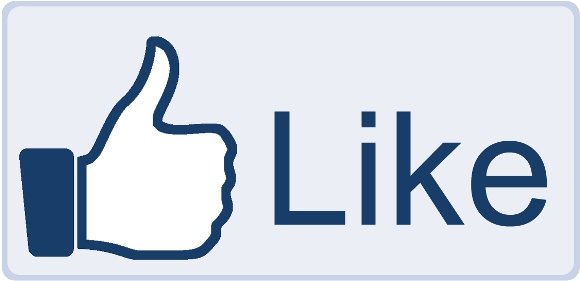
Facebook announces it is cracking down on services that allow users to purchase Likes in bulk to boost the appearance of their page’s popularity.
Celebrities, organizations and brands all vie for fans to show their support by clicking the Like button on the social networking website.
But Facebook admitted on Friday that the Likes of a particular page might not necessarily reflect actual Facebook fans since marketers have increasingly circumvented the website’s policies and have been offering Likes for purchase, to bulk up numbers.
New Facebook security measures will work to make it more difficult for third parties to deceptively garners Likes.

“A Like that doesn’t come from someone truly interested in connecting with a Page benefits no one,” the company explained in a posting by their security team entitled “Improvements To Our Site Integrity Systems”.
“When a Page and fan connect on Facebook, we want to ensure that connection involves a real person.”
“We have recently increased our automated efforts to remove Likes on Pages that may have been gained by means that violate our Facebook Terms,” the announcement added.
The changes will likely mean a subtraction of about one per cent of the Likes on any given page.
Facebook maintained that it never sanctioned any of the rampant services available to purchase Likes and warned Page owners to be wary of marketing services that offer to build a brand’s presence on the website.
Facebook’s announcement seemed to be well received by users – the posting garnered over 700 Likes in the first few hours.
The admission that all Likes on a page may not be legitimate comes as Mark Zuckerberg’s empire struggles to prove it can monetize its popular web presence.
Advertising on the social networking website, one of the top destinations on the internet, is closely connected to a brand’s engagement with users and can often be quantified by the number of Likes a page earns.
In a crushing blow to the company before its highly anticipated IPO on May 18, General Motors pulled its $10 million advertising campaign on Facebook.
The auto-maker said they were reassessing how their marketing dollars were being spent and decided to make necessary adjustments.
But The Wall Street Journal cited sources who said GM execs were unimpressed with the effectiveness of Facebook as an advertising platform and just decided the partnership didn’t make sense.
Despite initial excitement about Facebook going public, the company stock has continued to plummet.
Shares of Facebook fell below $19 for the first time on Friday to $18.14, putting the shares about 52% below their IPO price of $38.
Analysts say Facebook’s innovation in terms of advertising will be key to generating revenue and boosting investor confidence in the viability of the company.